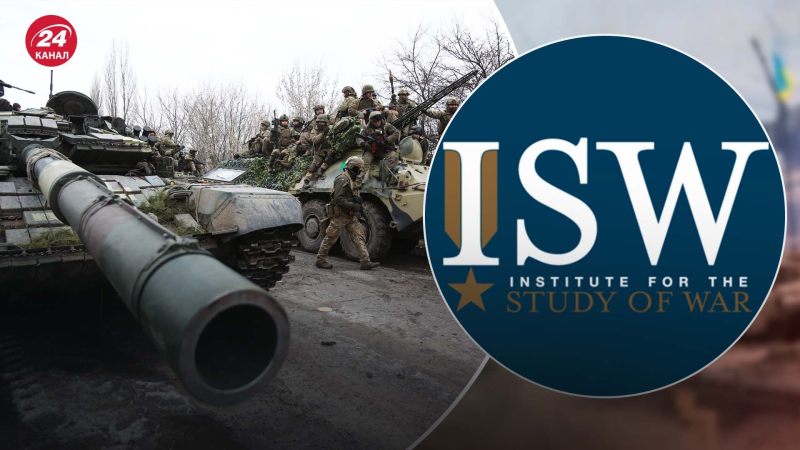Will the Kremlin continue to recruit soldiers for money: ISW analysis Irina Martsiyash ISW analyzed whether financial incentives will change the pace of mobilization in Russia/Collage 24 Channel, Getty Images (Photos illustrative) More interesting audio news Listen 00:000 1:06 1.25x 1.25x Audio synthesized using AI. More Audio News Turn off < p _ngcontent-sc103 class = "news-annotation" > 60 ~ strong _ngcontent-sc103 > Experts from the Institute for the Study of War point out that the increase in financial incentives by the ruling regime in Russia is unlikely to have a significant impact on overcoming the limitations in the issue of mobilized personnel. 60 ~/p > 60 ~ p > This is stated in the ISW review. 60 ~ h2 class = “news-subtitle cke-markup” > Will financial incentives change mobilization rates in Russia
A report by the Institute for the Study of War found that the Russian government plans to allocate 90 billion rubles ($948 million) in one-time payments for signing a military contract with the Russian Defense Ministry between 2025 and 2027, indicating that the Kremlin plans to continue relying on current crypto-mobilization efforts to meet the manpower needs of the war in Ukraine for as long as the crypto-mobilization system works. It noted that the Russian federal government is now offering one-time payments of 400,000 rubles ($4,200) for signing a military contract (in addition to one-time payments offered by regional authorities, some of which have recently exceeded one million rubles), indicating that the Kremlin intends to recruit 225,000 new contract servicemen between 2025 and 2027, assuming current rates are maintained, which is unlikely. considering that these rates have been constantly increasing since 2022. Analysts note that in recent months, Russian authorities have significantly increased financial incentives, particularly one-time payments, for signing military contracts. Russian authorities, as indicated in the material, have expressed concern that current recruitment efforts are producing increasingly fewer results, and the significant increase in financial incentives in recent months indicates that existing recruitment efforts have been insufficient to support the constant generation of new forces that Russian soldiers rely on to maintain the momentum of the offensive in Ukraine. “ISW assesses that there are medium- and long-term limitations on the number of conscripts that Russia's crypto-mobilization campaign can attract that are ongoing, and increasing financial incentives is unlikely to have a significant impact on overcoming these limitations,” the review says. The review points out that Russian dictator Putin remains a supporter of the current crypto-mobilization campaign to avoid declaring another highly unpopular partial mobilization call-up of reservists, although he retains the option to announce another call-up – as he did in the fall of 2022. “Putin and the Russian military command appear unwilling to accept a reduction in the intensity of Russian military operations in Ukraine, as they view maintaining the initiative across the entire theater of operations as a strategic imperative, and it remains unclear whether Putin will respond with another call-up if he faces another crisis similar to or worse than the one in the fall of 2022,” the Institute for the Study of War concluded.
Will the Kremlin Continue to Recruit Soldiers for Money: ISW Analysis
34
previous post

